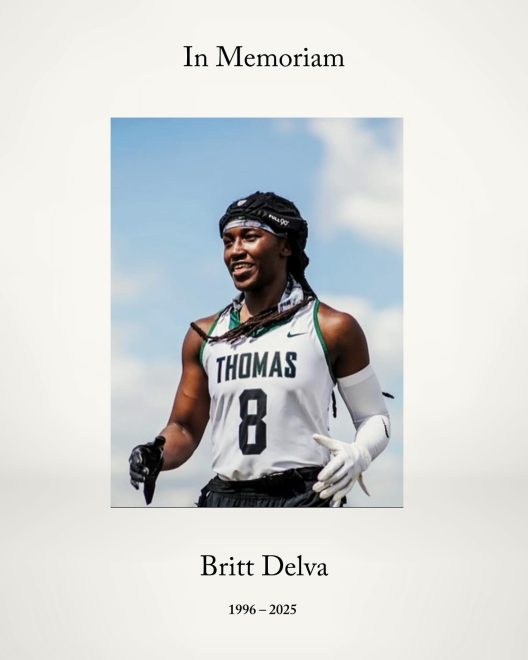Government cannot govern press
Published 8:00 am Saturday, November 16, 2019
News reports out of Madison, Wisconsin, are beyond disturbing.
It seems that an arm of the county government there wants to control what the press can and cannot report.
In fact, according to Associated Press reports, a county official went so far as to draft a resolution that called for prosecution of the media if it published information contained in a water quality report but did not publish the full, unedited news release exactly as it was submitted by the local government.
After public outcry and harsh criticism from First Amendment advocates, the resolution was pulled at the last minute.
As well it should have been.
The disturbing thing, however, is that anyone ever even thought that trying to control the press in that way was something government could take up.
It is the role of the press to keep an eye on government, to keep government in check and not the other way around.
It is, quite simply, unconstitutional for government to restrict the freedom of the press.
Period.
Essentially the story is that the Lafayette (Wisconsin) County Conservation Committee was set to take up a resolution, saying reporters who edited a news release related to water quality, and did not publish it in its unedited entirety could face prosecution.
That fact that any elected official anywhere thinks such a measure would be OK is just astonishing.
While it is good that the ill-conceived measure has been pulled from consideration, it conjures up thoughts of another piece of ill-conceived legislation introduced in Georgia’s last legislative session by state Rep. Andy Welch of McDonough. House Bill 734, dropped by Welch on the last day of the legislative session, called for a regulatory board to oversee the practice of journalism in Georgia.
At the time, an Atlanta Journal Constitution article published April 2, stated, “If approved, the bill would also mandate that anyone interviewed by the media would be able to request and receive copies of photographs and audio and video recordings taken by reporters and photographers. Such copies would have to be provided free of cost, even though state and local governments are allowed to charge the public for copies of any documents it provides. If a media outlet refuses to provide the copies, it would be subject to a lawsuit and a civil penalty, under the bill.”
The measure called for a state media ethics code, establishing an accreditation system and a process for investigating journalists and media companies.
The press must hold government in check and function as the Fourth Estate. That role cannot be reversed.
The First Amendment says, “Congress shall make no law respecting an establishment of religion, or prohibiting the free exercise thereof; or abridging the freedom of speech, or of the press; or the right of the people peaceably to assemble, and to petition the government for a redress of grievances.”
Abridging the freedom of the press, quite simply, is unconstitutional.
Whether it is the Lafayette County Conservation Committee in Wisconsin, the U.S. Congress or the Georgia General Assembly, the very notion of a government-regulated press is simply un-American, undemocratic, unconstitutional and unthinkable.
An open, free and unfettered press is at the very heart of our democracy and the most basic American freedom.
CNHI Deputy National Editor Jim Zachary is the editor of the Valdosta Daily Times.
He is the vice president of the Georgia First Amendment Foundation and can be reached at jzachary@cnhi.com





